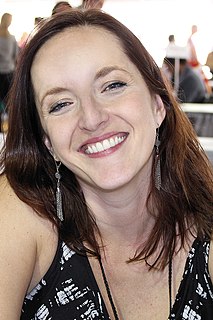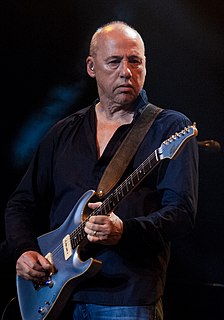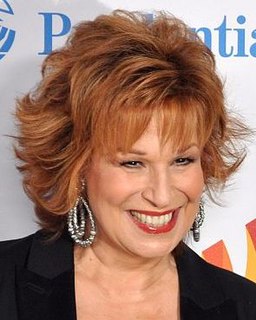A Quote by Abbas Kiarostami
Poetry always runs away from you - it's very difficult to grasp it, and every time you read it, depending on your conditions, you will have a different grasp of it. Whereas with a novel, once you have read it, you have grasped it.
Related Quotes
Once we truly grasp the message of the New Testament, it is impossible to read the Old Testament again without seeing Christ on every page, in every story, foreshadowed or anticipated in every event and narrative. The Bible must be read as a whole, beginning with Genesis and ending with Revelation, letting promise and fulfillment guide or expectations for what we will find there.
Once I'd worked out that I couldn't possibly expect people to enjoy a monstrous, 3000-page book, I realised I could in fact create a labyrinth of a story with four different points of entry. But what interested me was creating something that would rearrange itself every time you read one of the other books. So depending on which order you read them, the implications and angles would change. To get that right, each one of the books had to have its own personality and texture -- even though they are connected, they are very different creatures.
I've only cried at one book, but I'm too embarrassed to tell you which. It wasn't terribly intellectual. I will admit, though, to crying when I've read books aloud to my elementary class. We read a biography of Gandhi once, and it was very difficult to read the part where Gandhi was killed, because they were waiting for a happy ending.
For almost every novel I've written, I've read the daily newspaper of the time almost as if it were my current subscription. For 'Two Moons,' which was set in 1877, I think I read just about every day of the 'Washington Evening Star' for that year. For 'Henry and Clara,' I read the 'Albany Evening Journal' of the time.



































